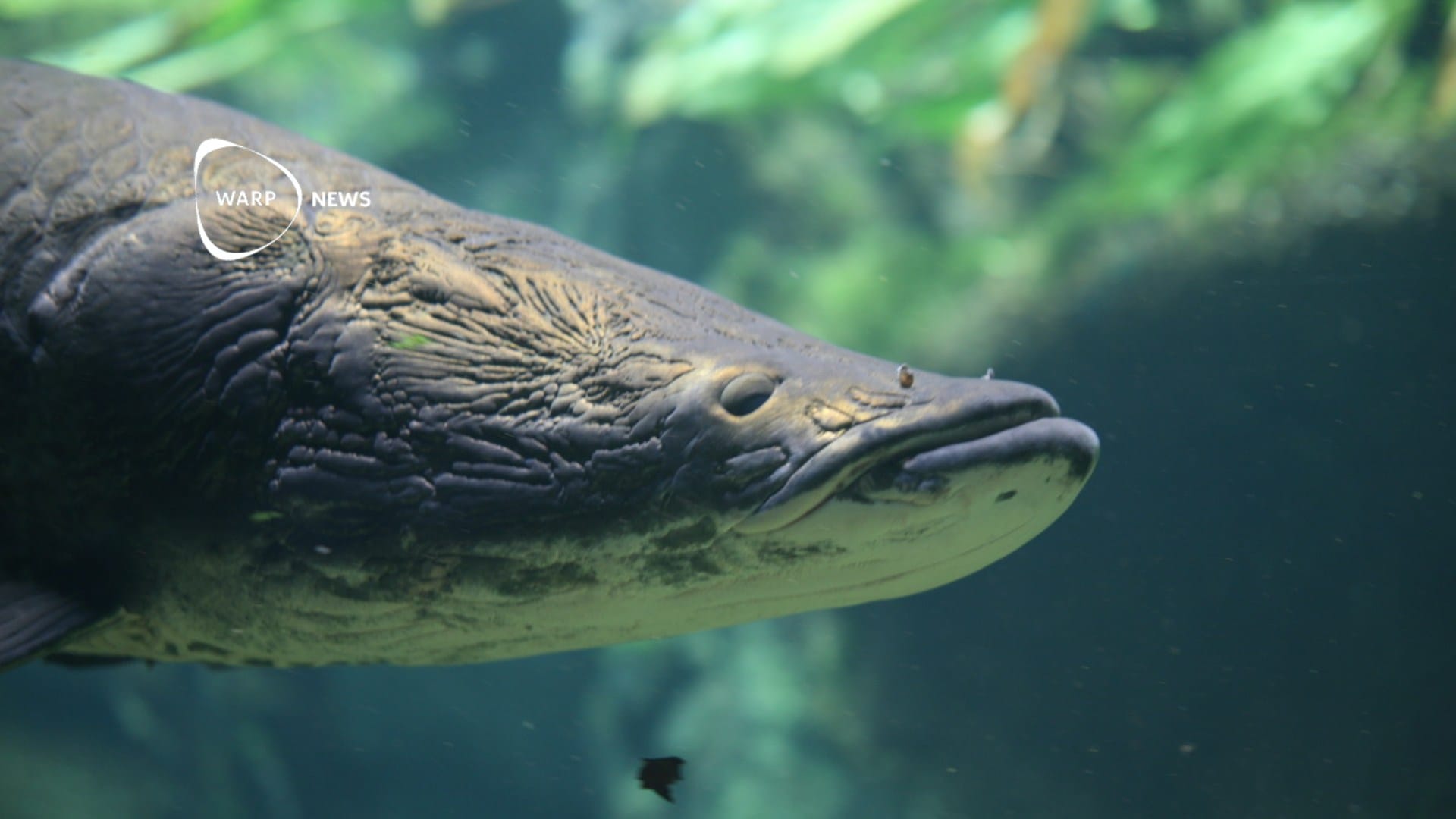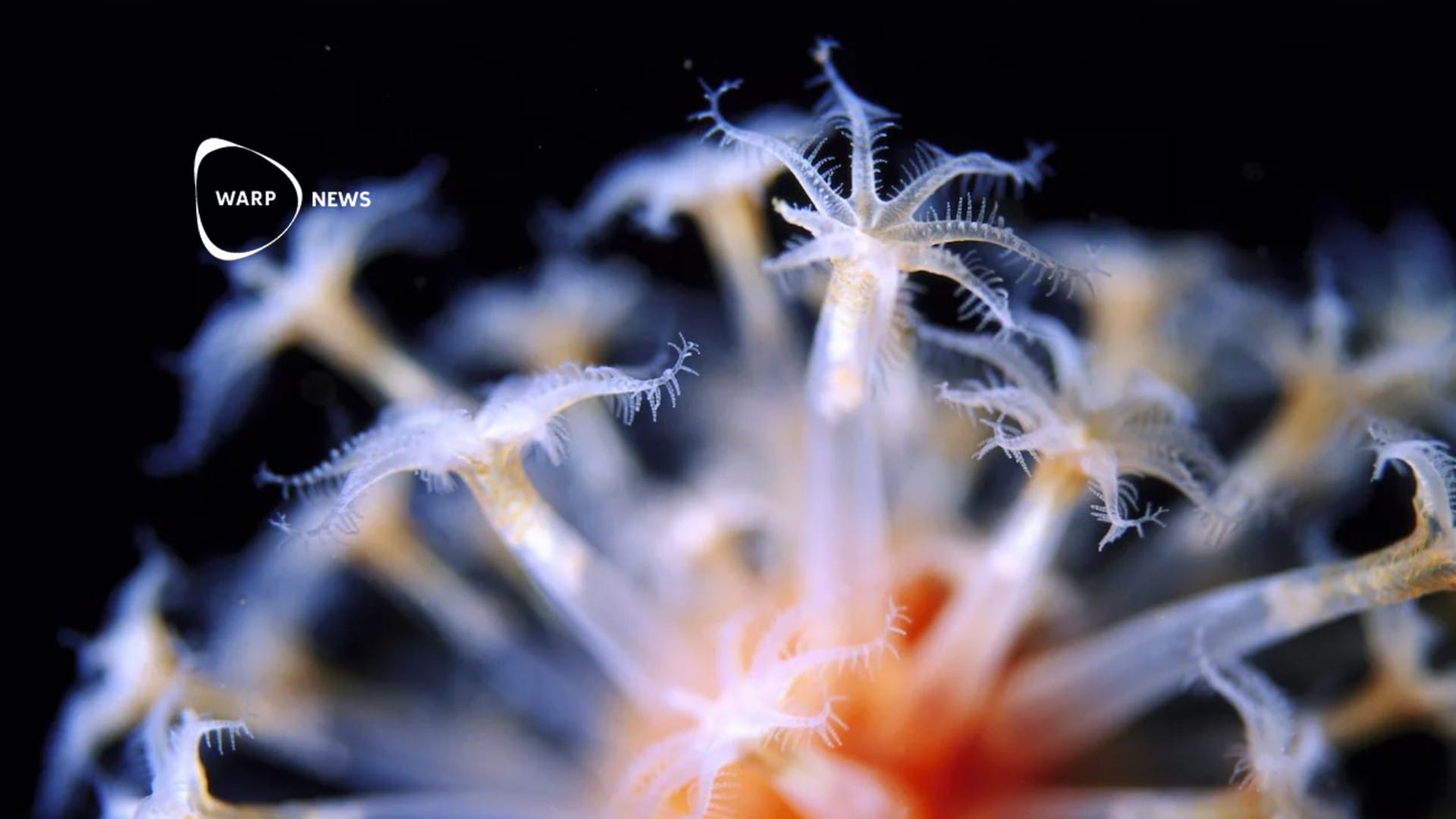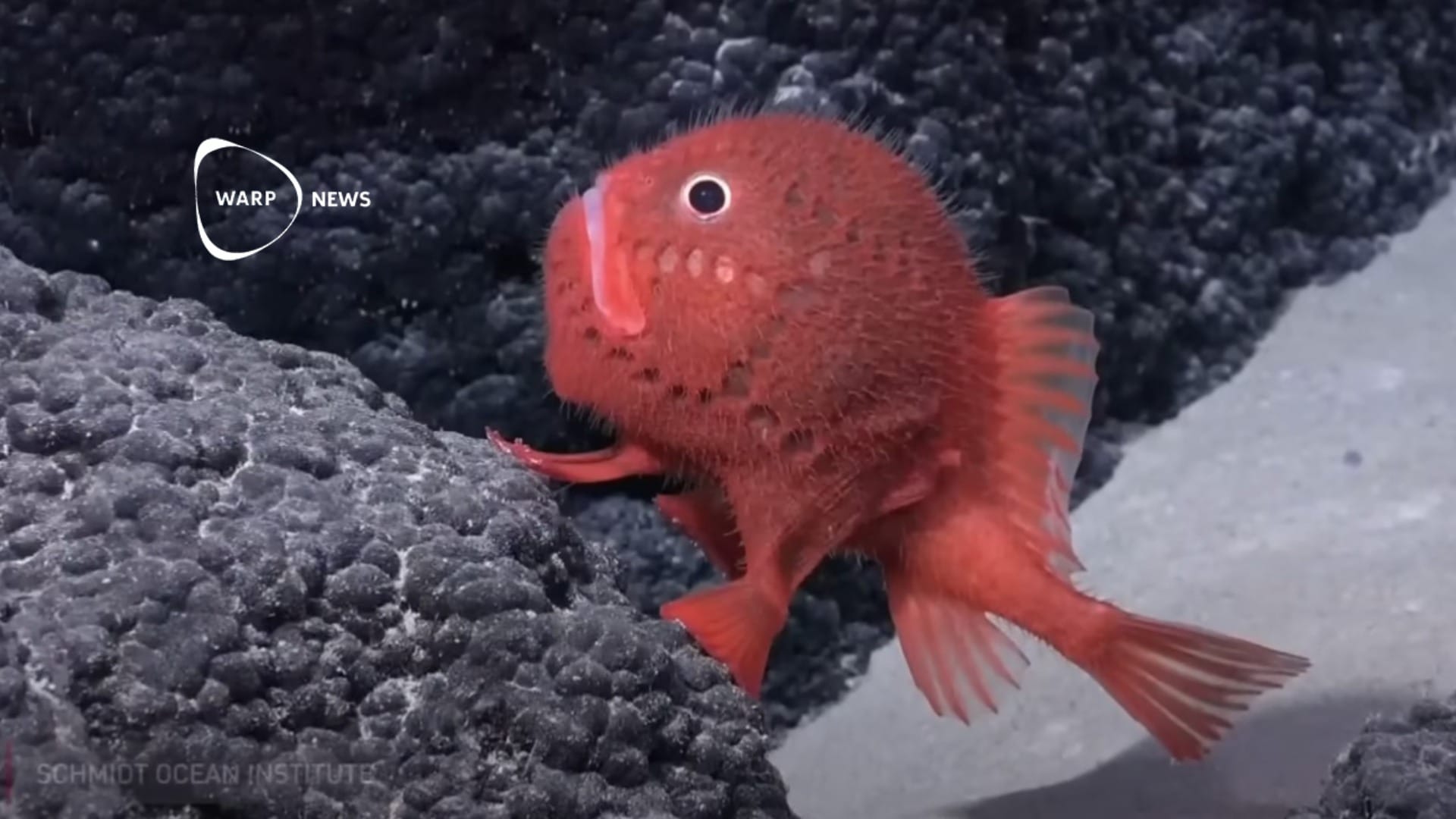Animal species
🐢 Sea turtles in Brazil become healthier as water quality improves
Sea turtles in Guanabara Bay show better health after cleaning efforts. A tumor disease in turtles has decreased since 2023. Investments of over 300 million dollars have been made to clean the water in the area.
🐟 Giant fish in the Amazon recovers, after successful efforts by local population
The arapaima, one of the world's largest freshwater fish, is increasing in numbers in the Amazon. Local communities have introduced sustainable fishing methods that led to a 425% increase in 11 years.
🐝 Insects in Sweden have not decreased according to new study
A new study shows no decrease in insects in Sweden over the past 35 years. In one location in Skåne, the number of insects has even increased. The study is based on data from four different locations in Sweden.
🐳 AI has been used to identify a phonetic alphabet in sperm whales
CETI is a research project aimed at understanding whale communication. Sperm whale vocalizations show a structure similar to human language. They have now discovered 156 distinct coda types instead of the previously known 21.
🐎 Wild horses return to the Kazakh steppes after 200 years
The world's last wild horses, Przewalski's horses, have returned to their original home in Kazakhstan. The horses come from zoos in Berlin and Prague. The plan is to transport a total of 40 horses to central Kazakhstan over the next five years.
🐦CyberTracker helps indigenous communities document biodiversity
CyberTracker's software, developed in collaboration with indigenous communities, enables nearly anyone to collect complex biodiversity data. Even individuals who are illiterate can collect detailed data.
🎣 The list of overfished species in the US has reached an all-time low
94 percent of fish stocks in the USA are no longer subject to overfishing. Key species have been removed from the list of overfished stocks. Thus, there are fewer species on that list than ever before.
🦐 Discovery of 100 new marine species in New Zealand
A team of researchers has discovered at least one hundred new marine species in the Bounty Trough off the south coast of New Zealand. The expedition found dozens of molluscs, three fish, a shrimp, and a predatory squid.
🦑 One hundred new species discovered off the coast of Chile
Scientists have possibly discovered one hundred new species at the underwater mountains near the coast of Chile, with the help of a robot that can dive over 4000 meters. An unknown species of sea cucumbers and rarely seen species such as squids and corals have been identified.







